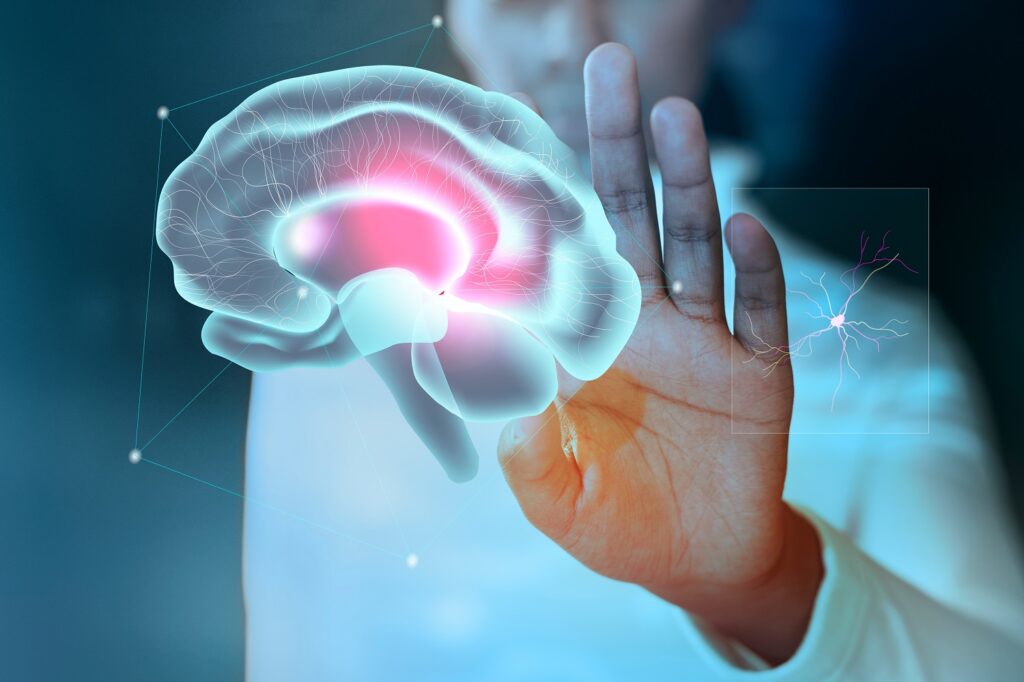A 56-year-old female with a history of hypertension, coronary artery disease, chronic kidney disease, chronic hypernatremia, bipolar disorder with psychotic features, bilateral hand tremors admitted for increased aggressiveness and agitation. The patient was baseline aggressive in nature, but it had worsened in severity in the last three to four weeks. Labs indicated hypernatremia (158 mmol/L), blood urea nitrogen (BUN; 49mg/dl) and creatinine (2.13 mg/dl). On the next day her sodium kept trending upward (162 mmol/L). The patient had difficulty making her needs known and was in a wheelchair due to impaired mobility. Psychiatry was consulted, and they diagnosed her with delirium. On admission, the patient was oriented to name only and partially followed commands. She was confused and could not speak full sentences or words.
Results
Hypernatremia occurs in patients with inadequate access to water or impaired thirst mechanism usually in infants or elderly adults. Hypernatremia can be due to poor water intake, underlying psychiatric symptoms, and chronic use of lithium. If the onset of hypernatremia was over a few hours, then it can be corrected relatively quickly using intravenous normal saline and water. Otherwise, correction should occur slowly with, for those unable to drink water, half-normal saline. Hypernatremia is diagnosed when a basic metabolic panel blood test demonstrates a sodium concentration higher than 145 mmol/L.















